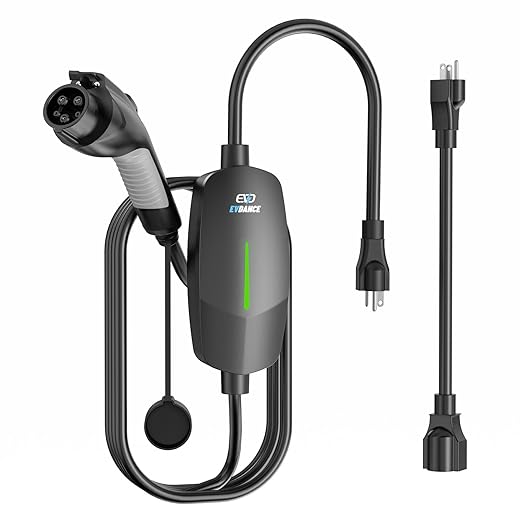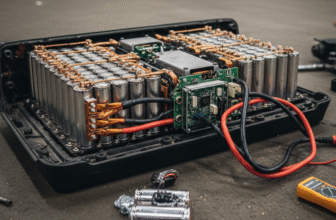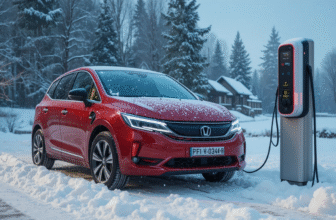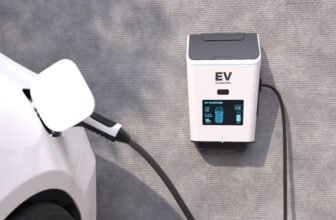Understanding Home Charging Basics
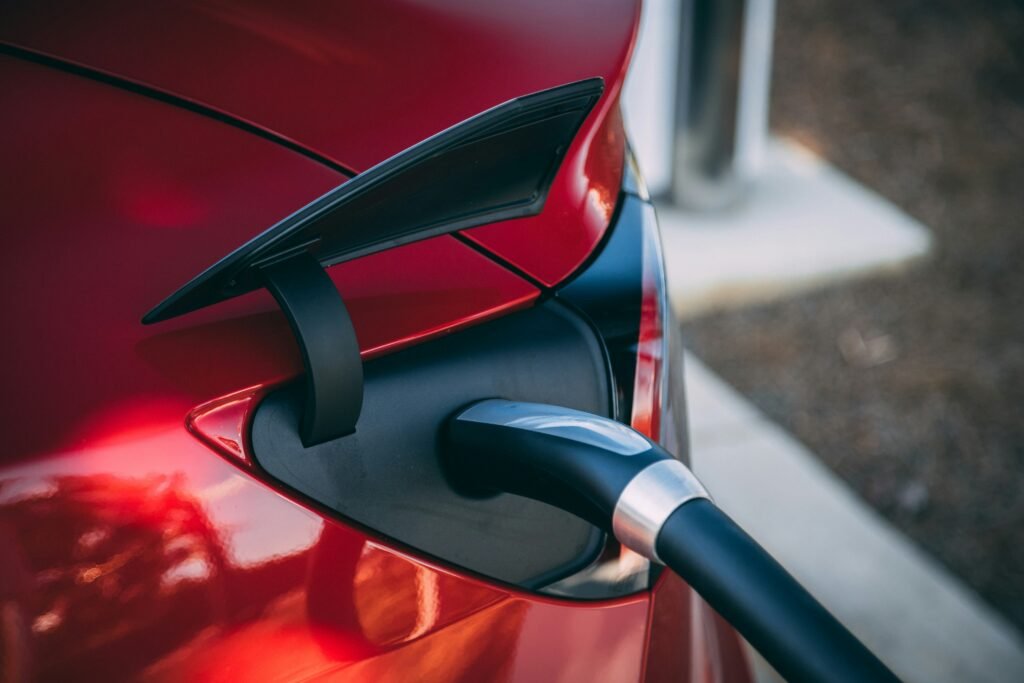
Table of Contents
- Understanding Home Charging Basics
- Evaluating Your Home’s Electrical Infrastructure
- Choosing the Right Charger for Your Needs
- Bestselling Home Chargers 2025
- Safety and Compliance Considerations
Home charging is a fundamental aspect of electric vehicle (EV) ownership, providing convenience and efficiency for daily commuting. Unlike traditional vehicles that rely on gasoline, EVs require access to electric charging infrastructure. Installing a home charger allows owners to charge their vehicles overnight or during the day, minimizing downtime and enhancing their overall ownership experience.
When it comes to home charging solutions, there are primarily two types of chargers available: Level 1 and Level 2. Level 1 chargers utilize standard household outlets, typically delivering around 4 to 5 miles of range per hour of charging. While this option is cost-effective and requires no special installation, it results in significantly slower charging speeds, making it better suited for drivers with lower daily mileage.
- 【𝐓𝐫𝐮𝐬𝐭𝐞𝐝 𝐔𝐒-𝐛𝐚𝐬𝐞𝐝 𝐁𝐫𝐚𝐧𝐝】𝐓𝐞𝐫𝐚, 𝐂𝐨𝐧𝐜𝐞𝐢𝐯𝐞𝐝 𝐢𝐧 𝐭𝐡𝐞 𝐄𝐚𝐫𝐥𝐲 𝟐𝟎𝟎𝟎𝐬, 𝐂𝐮𝐥𝐭𝐢𝐯𝐚𝐭𝐞𝐝 𝐢𝐧 𝐂𝐀, 𝐚𝐧 𝐄𝐬𝐭𝐞𝐞𝐦𝐞𝐝 𝐔𝐒 𝐁𝐫𝐚𝐧𝐝 𝐰𝐢𝐭𝐡 𝐎𝐯𝐞𝐫 𝟐𝟎-𝐲𝐞𝐚𝐫 𝐋𝐞𝐠…
- Fit Tesla & All SAE J1772 EV: The J1772 to Tesla adapter maximizes the charging options for Tesla Model 3/Y/S/X and all …
- 2 Usage Modes: The package includes a wall mount box holder that securely allows you to mount the portable electric car …
On the other hand, Level 2 chargers provide a significantly faster charging experience, offering approximately 25 to 30 miles of range per hour. These chargers require a dedicated 240-volt outlet and may involve more complex installation, often necessitating the expertise of a licensed electrician. Although they entail higher upfront costs, the time saved with Level 2 charging can be a crucial factor for many EV owners, particularly those with longer commutes or multiple electric vehicles.
- [Up to 9x Faster Charging Speed]: Provides up to 46 miles/hour charging speed via hardwired connection (48 amp – up to 9…
- [DESIGNED WITH J1772 Connector for All North America j1772 Connector EVs/PHEVs. Not fits for Tesla/Nacs Connector Cars(j…
- [Safety & Faster Charging with ETL, FCC, Energy Star Certified]: Meets the Safety Criteria Defined by: SAE J1772, UL2231…
It is vital for prospective EV owners to assess their energy needs before deciding on a home charger. Considerations such as daily mileage, availability of charging stations, and household power capacity should influence the selection of the appropriate charging system. By investing in a suitable home charging solution, EV owners can significantly enhance the efficiency of their daily commutes, secure an uninterrupted supply of energy, and ultimately ensure a more fulfilling ownership experience.
Evaluating Your Home’s Electrical Infrastructure
Before installing a home charging station for electric vehicles (EVs), it is crucial to evaluate your existing electrical infrastructure thoroughly. This evaluation begins with assessing the capacity of your electrical panel, as this will dictate how much power is available for additional circuits, including a charging station. Most residential electrical panels can support a range of amperages, typically between 100 amp to 200 amp. It is essential to check the current rating of your panel, as a higher capacity can accommodate a home charging station without necessitating extensive upgrades.
In addition to the electrical panel, understanding the wiring and circuit requirements is vital. For standard Level 2 home chargers, which often require a dedicated circuit, specific wire sizes and configurations must meet local code requirements. This is where consulting with a qualified electrician becomes indispensable. Electricians can help determine the appropriate gauge of wire needed for safe and efficient power delivery, based on the charging station’s amperage and distance from the panel.
As part of this evaluation, consider any potential upgrades that may be necessary. If your home’s electrical system is outdated or underpowered, an upgrade might not only ensure the safety of your charging station but also improve the overall electrical capacity of your home. A professional electrician can inspect and recommend proactive measures to enhance your system, ensuring that it can support both the charger and your household’s overall electrical demands.
During a consultation with an electrician, it’s good to discuss your future needs and how they align with your current infrastructure. This dialogue is essential for creating a safe and efficient charging solution, tailored to your specific requirements. By conducting a thorough assessment and working with professionals, you can confidently proceed with the installation of a home charging station that meets all safety standards and performance expectations.
Choosing the Right Charger for Your Needs
When selecting the appropriate home charger for your electric vehicle (EV), several key factors need to be evaluated to ensure it perfectly fits your requirements. The first consideration should be the type of electric vehicle you own. Different EV models may have unique charging specifications, which makes it essential to check the manufacturer’s recommendations. Some electric vehicles might only be compatible with specific charger types, such as Level 1 or Level 2 chargers, which differ in charging speed and efficiency.
Charging speed is another critical element to consider. If you depend on your vehicle for daily commutes or extended travel, installing a Level 2 charger—capable of delivering faster charging times—may be more suitable. Conversely, if you have the luxury of charging overnight or during longer periods, a Level 1 charger could suffice. Understanding your charging habits will significantly influence your choice.
Budget constraints also play a vital role in the decision-making process. Home charger prices can vary considerably based on features and specifications. It is crucial to balance your budget against the features that may enhance your charging experience, such as smart connectivity options or compatibility with solar energy systems. These elements not only provide convenience but can also contribute to potential savings over time.
Bestselling Home Chargers 2025
Finally, the diverse landscape of manufacturers offers a range of products to choose from, each with varying levels of reliability, user-friendliness, and warranty support. Researching user reviews and technical specifications can help in comparing options effectively. Consider engaging with online forums or local EV communities for insights and recommendations tailored to your specific situation. This proactive approach will empower you to make an informed decision that aligns with your charging needs.
Safety and Compliance Considerations
When planning to install a home charging station for electric vehicles, safety and compliance should be at the forefront of every homeowner’s mind. First and foremost, it is crucial to understand and adhere to local regulations and obtain any necessary permits before installation. Different regions may have specific guidelines regarding the installation of electric charging equipment, and failing to comply can lead to fines or complications during inspections.
In addition to local regulations, you must also consider compliance with national electrical codes. These codes are established to ensure that all electrical installations are safe and effective. Homeowners should consult with licensed electricians who are familiar with these codes, as they can provide valuable insights into the electrical requirements needed to support a home charging station. Aspects such as wiring gauge, circuit capacity, and load calculations are key components that must be correctly addressed to ensure safety.
Another critical safety aspect is the proper placement of the charger. It is recommended to install the charging station in a well-ventilated area, away from any flammable materials. Grounding requirements should also be diligently observed, as a properly grounded charger can significantly reduce the risk of electrical shock. Furthermore, surge protection is imperative to safeguard the charging station and the vehicle from power spikes, which can cause damage to both the charger and the vehicle’s battery system.
To maintain the integrity and operation of a home charging system, regular maintenance and inspections are essential. Homeowners should monitor the charger for any signs of wear or damage and schedule periodic evaluations with a certified technician. This proactive approach will help ensure the continued safe operation of the charging station while also complying with evolving safety standards and regulations.
Features
| Brand | EVDANCE |
| Model | 1x Level 1 12A(NEMA 5-15) /Level 2 16A(NEMA 6-20) Portable EV Charger |
| Item model number | EV-ACS1601U |
| Amperage | 16 Amps |
| Wattage | 3.84 KW |
| Date First Available | July 17, 2023 |


![[ETL/Energy Star Certified] NexCyber Level 2 Electric Vehicle (EV...](https://m.media-amazon.com/images/I/41qYAyYEWeL._AC_.jpg)


